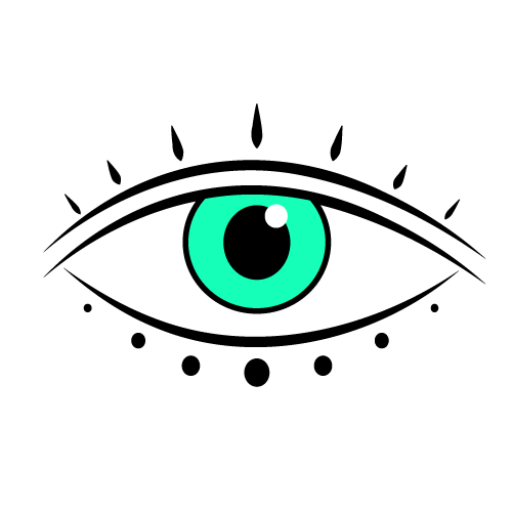Gentle strategies to navigate family dynamics and festive stress

The holiday season is here, filled with joy, connection, and sometimes… challenges. Whether it’s navigating family dynamics, hosting events, or feeling the weight of the season, it’s easy to feel overwhelmed.
Family gatherings can bring up old dynamics and old wounds—being treated like a child, reliving the same arguments, or feeling unseen compared to a sibling.
You might face awkward questions by (often well-meaning) family members, like why you’re still single or comments about your appearance.
The pressure to host perfectly, cook elaborate meals, or attend every event can feel exhausting—especially when your efforts go unnoticed.
It may also be a time where you experience loneliness, or a sadness for all the things you have lost or wanted but never got. If that is the case for you, I hope these resources can bring you comfort.
One thing you can do for yourself is go into these events with a calm nervous system. When you are already stressed and activated, you tend to look at other people´s words, body language and facial expressions through the lens of your stress. The calmer you are going into it, the more you are open to connection.
Contrary to popular belief, stress in itself is not a problem. We live in a world where it´s almost impossible to be calm all the time, since there are so many things beyond our control.
In moderation, stress is not damaging. It can be useful at times, moving us into action, or showing us what we need. Our nervous system is meant to be able to dip in and out of stress.
Stress only becomes a problem when we feel overwhelmed by it. When there are too many things going on at once, and we don´t have (or give ourselves) the time and space to regulate our nervous system back to a calm state.
No matter what the holidays bring up for you, there are ways to care for your nervous system so you can show up as your best self. Here are six simple practices to help you find calm and connection:
1. Connect with nature
While you may not always find the time to take a few days off and go to the beach, you can probably find time to go on a walk in a nearby park or do some gardening. Nature in any form calms our nervous system – I also find it really helpful to have plants around my living space and listen to ocean sounds when I work.
2. Spend time connecting with someone you feel calm around
When we spend time with another person who feels calm, our nervous system immediately becomes calmer too (a great system called co-regulation). One of the best ways to feel calm is to be in connection with someone you care about. As much as you care about your stressed friends, when you feel overwhelmed it´s probably best to choose someone who isn´t.
3. Exercise
For some people, explosive exercise is a great way to release some stress-energy, while others feel more stressed after a class that includes a lot of jumping and loud music. Experiment with whether you prefer gentle movement with less stimulation or louder ones. Exercise can get you out of your mind and into your body.
4. Use your voice
Anything from singing to humming is very calming to your nervous system, and it´s something you can do while you are driving, in the shower or cooking.
5. Shaking
This may sound like a strange one, but it is what animals naturally do to get rid of tension in their bodies. Conscious shaking mimics what your body naturally does, it activates the parasympathetic nervous system and reduces cortisol. It may feel a bit strange at first, but I really recommend you give it a go.
6. Deep breaths
If you can find a moment to take some deep breaths, it can be really calming. The good thing is you can do it anywhere, so if you need a break from your family, you could even do it the bathroom for a few minutes.
If you could use some extra support this holiday season, feel free to message me for an introduction call.
If you enjoyed this article, you might also like these:
How to feel and process anger in a healthy way
The surprising beauty of sadness
Why loneliness feels so hard – and how to find connection again
